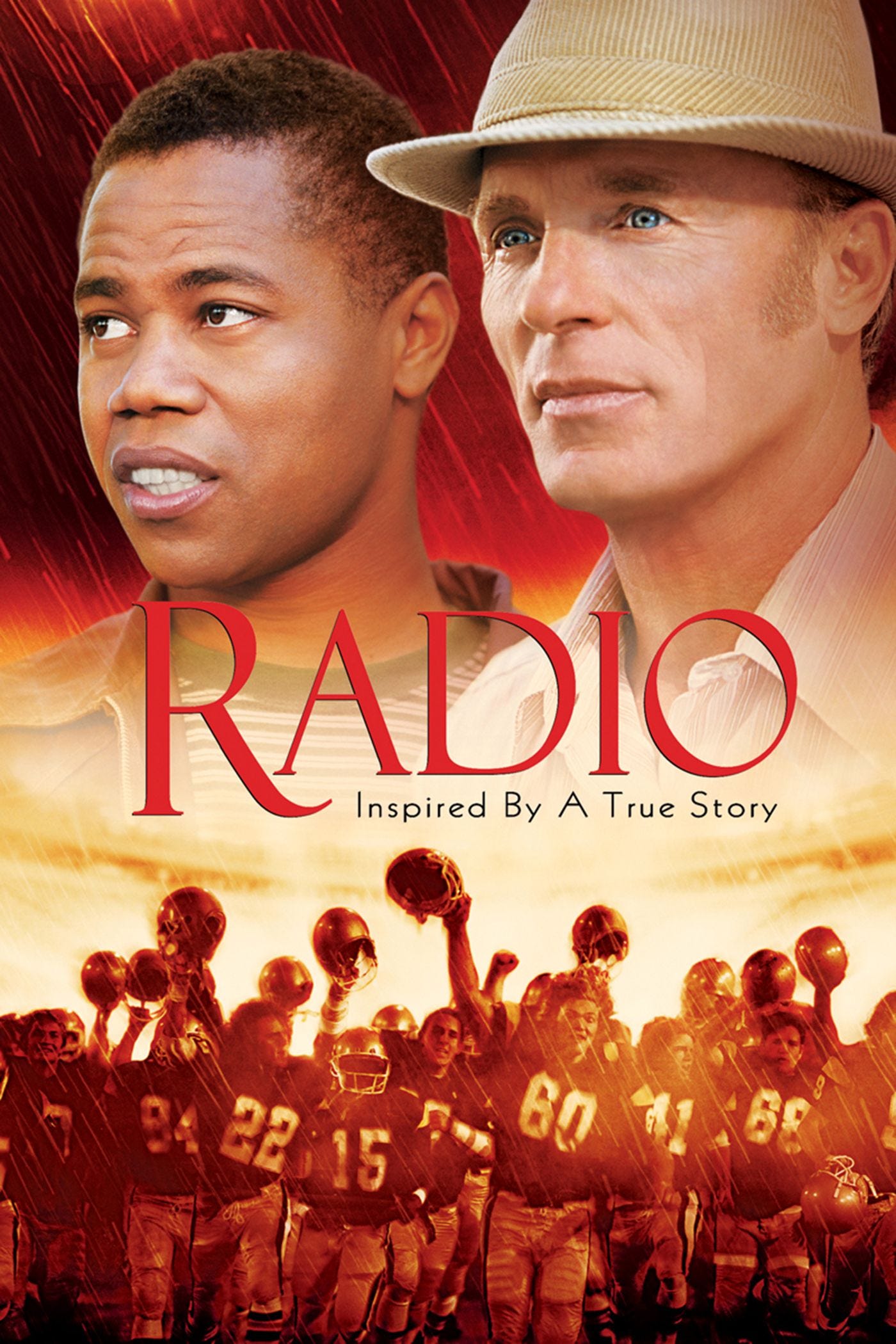"Radio," directed by Michael Tollin, is a film that's a heartwarming mix of fact, fiction, and a hefty dose of Hollywood seasoning. It's like making a soup and deciding that what it really needs is a bicycle – you appreciate the creativity, but can't help but wonder, "Why?"
First off, Cuba Gooding Jr. as Radio delivers a performance that oscillates between deeply touching and feeling like he's auditioning for a silent film. The real Radio wanted Denzel Washington to play him, which is kind of like me wanting Ryan Reynolds to play me in my biopic – ambitious, but maybe slightly off the mark.
The film's setting is in Hanna High School, 1976, but in reality, Radio had been hanging around since the mid-60s. That's like saying Facebook started in 2010 – sure, it makes it easier for the plot, but it's a stretch.
Filmmakers also decided to swap the real-life locations for ones that probably had better catering. The University of South Carolina-Salkehatchie for Hanna? It's like substituting New York with New Jersey for a movie about the Big Apple – close but no cigar.
Then there's Coach Jones, played by Ed Harris. In the film, he's a father-figure from the get-go. In reality, he was just a volunteer assistant coach who became head coach much later. The movie makes it seem like he was Radio's guardian angel from day one, which is like saying I've been environmentally conscious since birth when I actually just started recycling last week.
The movie also invents conflicts and confrontations that never happened, like a school board opposition and a cruel prank by the football team. This is like adding a dragon to a World War II film for extra drama. Sure, it's entertaining, but come on.
Radio's portrayal is another delightful mix-up. He's shown as a silent, cart-pushing enthusiast, which is partly true, but the real Radio talked and was more involved than the movie suggests. It's like portraying a chef who only makes sandwiches – accurate to a point, but missing the soufflés and steaks.
As for Radio's eating habits, they nailed it – like my sister, he loves his food. The film captures his love for pies and eating an entire cooler of sandwiches, which, let's be honest, is a skill we all wish we had.
The film also plays fast and loose with family details. Radio's living situation and family members are shuffled around like a deck of cards in a magician's hand. It's the kind of creative liberty that makes you think the scriptwriters were playing a game of "Two Truths and a Lie."
Lastly, the graduation scene where Radio hands out diplomas in a cap and gown is pure fiction. It's a lovely image but as accurate as saying I graduated top of my class in Hogwarts. Radio would never wear a cap and gown because that would mean he is graduation and he doesn’t seem to ever plan to graduate because graduation means you leave.
In conclusion, "Radio" is a charming but wildly inaccurate representation of the true story. It's a bit like using Google Translate for a complex novel – the gist is there, but the details are hilariously off. However, its heart is in the right place, just like Radio himself, making it a movie that, despite its flaws, still manages to touch our hearts and funny bones alike.



